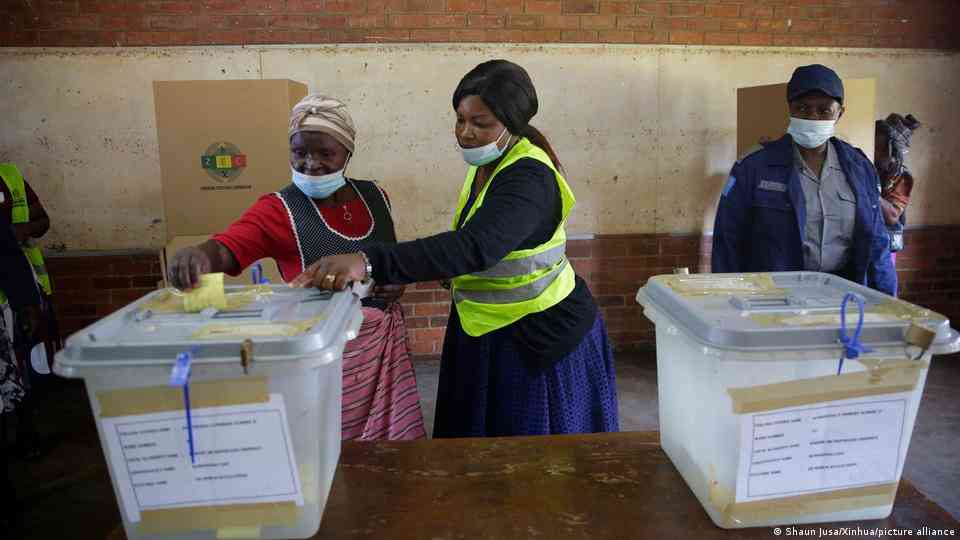
ZIMBABWE’S disputed 2023 elections failed the integrity test, scoring 18% in a latest global survey by the Electoral Integrity Project.
Electoral Integrity Project is an independent academic project founded in 2012.
The project, housed at the Royal Military College of Canada/Queen’s University and the University of East Anglia, produces innovative and policy-relevant research comparing elections worldwide.
The research aims to measure electoral integrity in terms of elections empowering citizens and delivering democracy.
According to its latest report, Zimbabwe scored 18 out of 100 on the electoral integrity scale, placing it fifth lowest globally.
“Zimbabwe is fifth lowest in electoral integrity globally, scoring 18/100 and saw the largest global decline in integrity with a 25-point overall drop,” the report read.
“This decline was most noticeable for the adjudication principle of electoral integrity.
“Bottom five elections in terms of integrity in 2023, which include Zimbabwe, Cambodia, Turkmenistan, Madagascar and Egypt.”
- ‘Zim fifth lowest in electoral integrity globally’
Keep Reading
The report indicated that the August 2023 election faced numerous logistical issues, with ballot paper delays reported in many opposition strongholds.
“The election faced many delays, primarily due to issues with the printing of ballot papers in many districts, including opposition strongholds, as well as accusations of vote-rigging and suppression by opposing parties and foreign observers,” the report said.
“Another issue concerned the electoral boundaries. In the months before the election, the Zimbabwe Electoral Commission was tasked with redrawing the country’s electoral boundaries, with a final draft to be completed six months before the election date. They failed to meet this date, however, causing tensions prior to election day.”
Zanu PF director for information Farai Marapira said they were unbothered by the rankings.
“As Zanu PF, we are unbothered and not worried by comments that are premeditated and malicious in nature,” he said. “We place no value in their opinion and have no comment to it. We have a country to develop, build and prosper and that is our focus.”
Last year, international observers, including a Sadc observer mission, flagged the polls as not credible citing violence and intimidation of voters as well as delays in the distribution of ballot papers.
Voting was extended by 24 hours in some polling stations, particularly in Harare.
Government has dismissed the criticism, insisting the vote was free and fair.
President Emmerson Mnangagwa, who came to power following a military coup in November 2017, secured 52,6% of the vote, narrowly avoiding a run-off election against his main challenger, Nelson Chamisa.
Chamisa, a former Citizens Coalition for Change leader, has refused to accept the election result.










